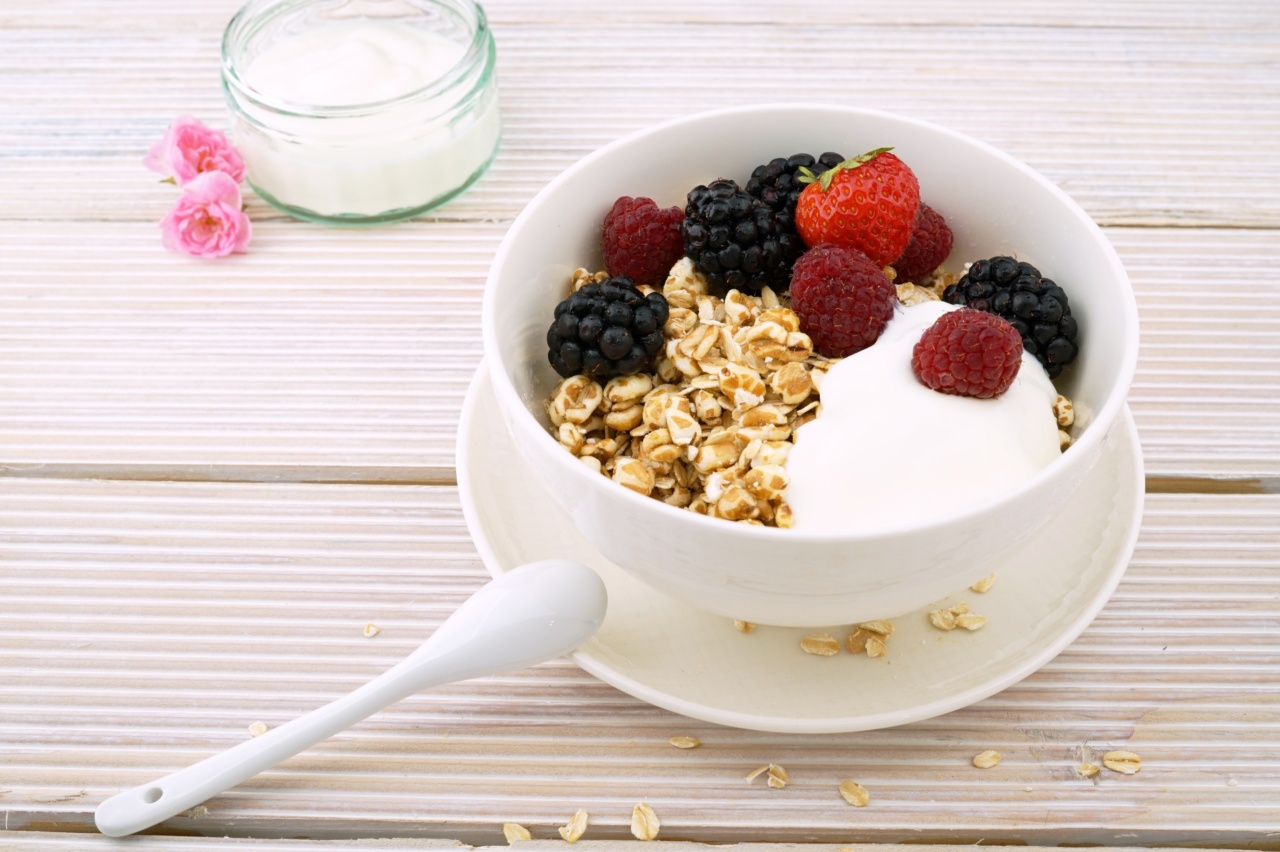Type 2 diabetes is a chronic health condition that affects millions of people worldwide. It’s characterized by high blood sugar levels resulting from the body’s inability to use insulin effectively.
While genetics play a significant role, lifestyle factors such as diet and physical activity also contribute to the development of this condition.
There’s a growing body of research showing that consuming dairy products, particularly milk and yogurt, may have a protective effect against type 2 diabetes.
In this article, we’ll explore the science behind this claim, as well as ways to incorporate dairy into your diet to help prevent or manage this condition.
What Is Type 2 Diabetes?
Type 2 diabetes is a condition that affects how the body processes glucose, a type of sugar that serves as the primary source of energy for cells. Normally, the pancreas produces insulin, a hormone that helps transport glucose into cells.
In individuals with type 2 diabetes, however, the body either doesn’t produce enough insulin or doesn’t use it effectively, leading to high blood sugar levels.
Over time, this can lead to a host of complications, including nerve damage, kidney disease, and cardiovascular disease.
While genetics and family history play a significant role in the development of type 2 diabetes, lifestyle factors such as poor diet, lack of exercise, and obesity also contribute to this condition.
The Link Between Dairy and Type 2 Diabetes Prevention
While dairy products have traditionally been associated with weight gain and other negative health outcomes, recent research suggests that they may have a protective effect against type 2 diabetes.
Several large-scale studies have found that individuals who regularly consume dairy products, particularly milk and yogurt, have a lower risk of developing this condition compared to those who don’t.
One study published in the journal Diabetes Care, for example, found that individuals who consumed the most dairy products had a 41% lower risk of developing type 2 diabetes compared to those who consumed the least.
Another study published in the American Journal of Nutrition found that individuals who consumed the most yogurt had a 28% lower risk of developing type 2 diabetes compared to those who consumed the least yogurt.
There are several potential mechanisms by which dairy products may confer this protective effect.
For one, dairy products are rich in calcium, magnesium, and vitamin D, all of which have been shown to improve insulin sensitivity and reduce the risk of insulin resistance, a precursor to type 2 diabetes. Additionally, dairy products contain high-quality protein, which can help regulate blood sugar levels and promote feelings of fullness, potentially reducing the risk of overeating and weight gain.
Incorporating Dairy Into Your Diet
While dairy products may have a protective effect against type 2 diabetes, it’s essential to be mindful of the quality and quantity of dairy products consumed.
While low-fat or non-fat dairy products are generally recommended, many dairy products on the market are high in added sugars and saturated fat, which can negate any potential benefits.
Here are some tips for incorporating dairy into your diet in a healthful way to help prevent or manage type 2 diabetes:.
- Choose low-fat or non-fat varieties of milk, yogurt, and cheese
- Aim for 2-3 servings of dairy per day
- Look for plain, unsweetened varieties of yogurt, and add your own fruit or honey for sweetness
- Use milk or yogurt as a base for smoothies or in recipes that call for dairy, such as oatmeal or baked goods
- Avoid flavored milk or yogurt products that are high in added sugars
Conclusion
Type 2 diabetes is a condition that affects millions of individuals worldwide, but lifestyle modifications such as a healthful diet and regular exercise can help prevent or manage this condition.
There’s a growing body of evidence suggesting that incorporating dairy products, particularly milk and yogurt, into your diet may have a protective effect against type 2 diabetes. By choosing low-fat or non-fat varieties and being mindful of added sugars, dairy can be an essential part of a healthful diet to help prevent or manage this condition.





























